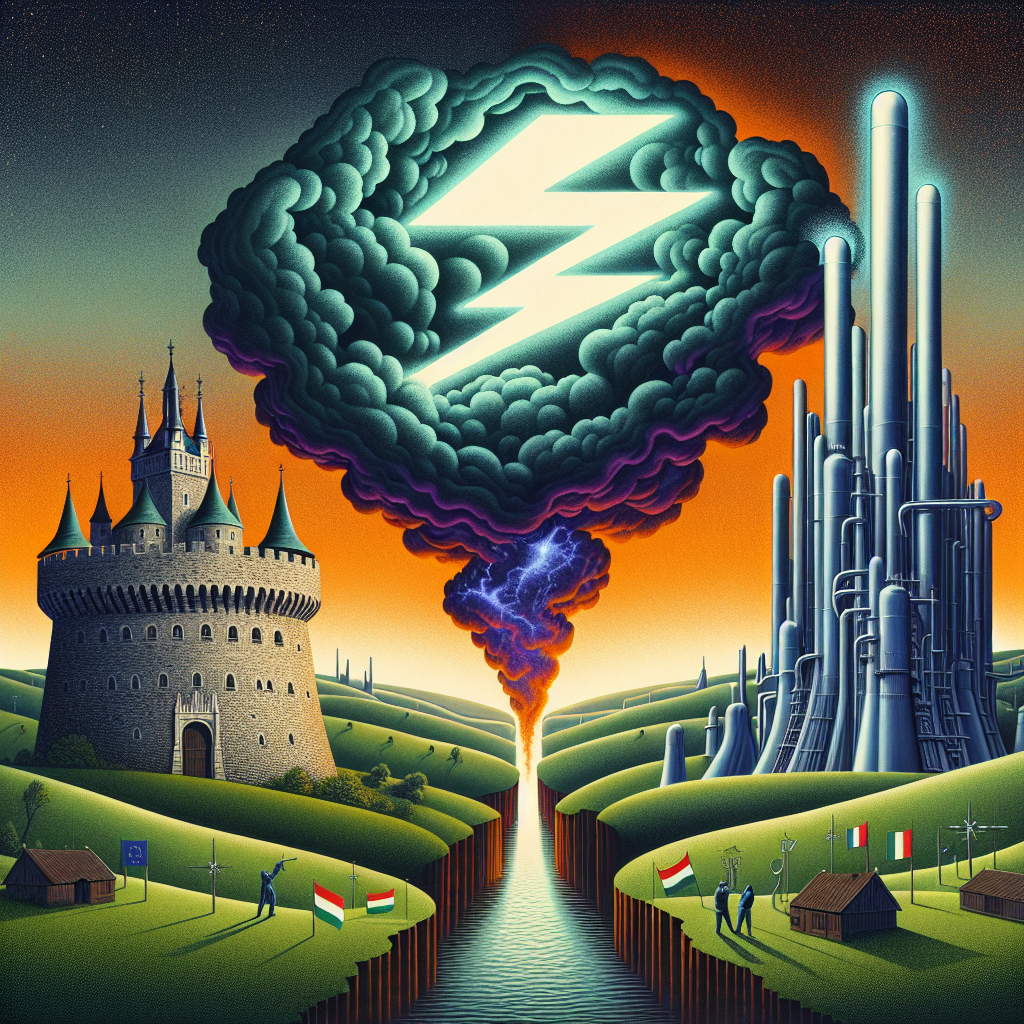Hungary Criticizes EU’s Proposal to Stop Russian Energy Imports as ‘Absolute Insanity’
Hungary’s Strong Opposition to EU’s Energy Proposal
Background
The European Union has proposed a plan to halt energy imports from Russia, aiming to reduce dependency on Russian energy sources amid geopolitical tensions. This proposal has sparked significant debate among EU member states.
Hungary’s Stance
Hungary has emerged as a vocal critic of the EU’s proposal, labeling it as “absolute insanity.” The Hungarian government argues that the plan could have severe economic repercussions for countries heavily reliant on Russian energy.
Key Concerns
- Economic Impact: Hungary fears that cutting off Russian energy imports could lead to skyrocketing energy prices and economic instability.
- Energy Security: The country is concerned about the potential risks to its energy security, given its current reliance on Russian energy supplies.
- Feasibility: Hungarian officials question the feasibility of quickly finding alternative energy sources to replace Russian imports.
EU’s Perspective
The EU’s proposal is part of a broader strategy to diversify energy sources and reduce reliance on Russian energy, which is seen as a geopolitical tool by Moscow. The EU believes that this move is crucial for long-term energy security and political independence.
Conclusion
Hungary’s criticism highlights the challenges the EU faces in achieving consensus on energy policies, especially when member states have varying levels of dependency on Russian energy. The debate underscores the complexity of balancing economic interests with geopolitical strategies.
In summary, while the EU aims to strengthen its energy independence, Hungary’s strong opposition reflects the difficulties in implementing such a significant shift in energy policy without causing economic disruption for certain member states.
















